While many of the gambling facts you may have picked up in Las Vegas can be useful in online gambling it’s important that you realize there are some critical differences. But with a knowledge of the facts surrounding your chosen game, and armed with some gambling tips from experienced online players, you will find online gambling not only a fascinating and exciting adventure bit also an opportunity to turn your gambling hobby into a profitable venture.
Critical Rules for Every Game
1. Never chase after your losses. Don’t increase your bets because you’re losing and want to get even; only increase your bets as part of a pre-determined strategy.
2. Don’t gamble at any game that you don’t understand. Learn it first.
3. Don’t gamble and drink at the same. It’s hard enough to win at gambling even without dulled senses.
Money Management – General Guidelines
4. You will lose more often than you win and the longer you play the more likely that fact is. And it’s true whether you’re talking about hands of blackjack, rolls of the roulette wheel or throws of the dice
5. The key to winning is to maximize your wins and to minimize you losses.
6. Learn and memorize the odds at the particular game you have chosen to play as well as the best strategies to use in an effort to maximize your winnings at that particular game.
7. Never gamble with “dear” money; only gamble with “excess” money. In other words, never gamble with money that you will need, or may need, to pay your everyday living expenses.
8. If you’re playing against other players online this is doubly important. The minute you start gambling with “dear” money the other player will sense your heightened stress and play accordingly – often bullying you out of a bet because they know you are more tentative with your “dear” money.
9. Set a stop loss amount and stick to it. Divide your total gambling bankroll into four separate amounts. Divide each of those amounts into four smaller amounts. If you lose one of the smaller amounts, change tables or games or just take a break. If you lose your entire first allotment, stop gambling for the day.
10. Be disciplined and avoid the gambler’s demise of going into your next allotment because you feel like your luck “just has to turn around.”
11. Plan ahead. When you start a gambling session determine the amount that you want to win (be realistic) and when you reach that point put the money away and walk.
12. When you are winning, draw some money occasionally from your gambling bankroll and put it into a “do not touch” bankroll to protect that portion from further risk.
13. No money management system will ever overcome the house advantage over the long term. You will always lose more often than you win. The key is that you must win more big bets and lose more small bets.
Money Management – Positive Progression Systems
14. A Positive Progression System is one in which you increase the amount of your bets when you win and decrease the amounts of your bets when you lose. To use this system properly you must establish a “standard” betting unit.
15. Your “standard” betting unit should be a comfortable percentage of the gambling bankroll that you will be working with for a particular gambling session. For example, if your session’s bankroll is $100, you might make your “standard” betting unit $10.00. This way you would be able to play at least 10 betting events before running out of funds even if you lost all 10 events in a row.
16. These systems allow you to win relatively large amounts during a hot streak while helping to minimize your losses during cold streaks.
17. A common example of this strategy is to add one-half of the amounts you win to your next bet. For example, at blackjack if you win a hand with your “standard” betting unit of $10.00 you would add $5.00 to the bet on the next hand for a total bet of $15.00. If you win that hand you would add $7.50 to the $15.00 for a bet of $22.50 on the next hand. When you eventually lose a hand, return to your “standard” betting unit of $10.00 on the next hand and start the system all over. Of course in practice these increases of 50% will be approximate.
18. Another more complicated system is to always keep your bankroll divided into a certain number of units and then bet one unit on each event. As you win, your total bankroll becomes bigger so each unit will grow and you’ll be betting larger amounts. As you lose, your units, and bets, become smaller.
19. Establish a system for drawing some of the winnings from your gambling bankroll occasionally to put it into your “do not touch” bankroll. For example, when you double your bankroll you might take one-half of the winnings to put into the “do not touch” bankroll. If you experience a long winning streak using a Positive Progression System the winnings can grow dramatically.
Money Management – Negative Progression Systems
20. A Negative Progression System is one in which you increase the amount of your bets when you lose and decrease the amounts of your bets when you win. Again, to use this system properly you must establish your “standard” betting unit.
21. The most common negative progression system is the Martingale System. Here you double the amount of your bet if you lose and return to your “standard” betting unit when you win. For example, at blackjack if you bet $10.00 and lose you would bet $20.00 on the next hand. If you win that hand you would then reduce your bet to the “standard” $10.00 bet for the following hand. In all gambling, the Martingale system will always fail in the long run.
22. This system can be very frustrating because during a hot streak you are winning only your “standard” betting unit. And during cold streaks you are continually losing bigger and bigger amounts.
23. Remember, draw some money occasionally from your gambling bankroll winnings and put it into a “do not touch” bankroll.
Playing Roulette
24. American roulette is one of the worst casino games that you can play because the house advantage under standard rules is 5.26% or higher.
25. European roulette offers a lower house advantage under standard rules of 2.7% because there are fewer slots with only one “0” as opposed to the “0” and “00” in American roulette.
26. All bets on in American roulette give the house an advantage of 5.26% with one exception: the “0”, “00”, 1, 2, 3 combination bet gives the house a much larger 7.89% advantage.
27. All roulette betting systems rely on the inaccurate assumption that the result of previous spins can predict future results. Unless the system is defective or fixed, each spin carries the same odds as every other spin.
28. The most popular betting system at roulette is the negative progression system known as Martingale (see #17). As in all other games, the Martingale used in roulette will always fail in the long run.
29. Because of the heavy house advantage if you are playing not just for amusement but to win money you might as well take a shot at the higher payoff bets and hope that you get lucky.
30. Try a modified positive progression system at roulette. Divide the amount you are willing to lose at one roulette session into 35 “standard” betting units. Pick one number and bet one unit on that number (must be at least equal to the table minimum bet). Continue playing one unit on that same number until you either win or run out of your 35 unit bankroll. If you win, bet two units on the same number and continue betting two units on that number until you either win or lose your bankroll. If you win again, walk away!
31. Roulette is a relatively slow moving game compared to other online games, so it should take you a longer time to lose your bankroll.
32. Do not play roulette as a way to win money; the odds are too heavy in favor of the house. Play roulette only as a way to have fun and pass the time without losing a lot of money quickly.
Playing Baccarat
33. Baccarat is one of the easiest casino games to play and offers a relatively low advantage to the house of just 1.06%.
34. There may be as many as 12 to 14 players at a table, with the role as dealer passed around the table much as the dice are passed around a craps table.
35. All players may bet on each hand and the bets are either on the “player”, on the “dealer” or on a tie. With the exception of the tie bet, baccarat is much like betting heads or tails on the flip of a coin.
36. Neither banker nor player can make any decisions regarding play; the rules of the game stipulate what must be done with every hand and a house “dealer” supervising the game will direct the play accordingly.
37. Winning bets on the player or the dealer both pay even money, minus a 5% commission paid either at the time of the bet or when the player leaves the table.
38. Winning bets on a tie usually pay 8 to 1, again minus a 5% commission.
39. In an 8-deck game, the house advantage is slightly less for a “banker bet” and dramatically higher for a “tie bet”, so it seems most logical to bet only on the banker.
40. As in all online gambling, card counting is meaningless because the deck(s) is usually shuffled after each hand in baccarat.
Playing Blackjack
41. Blackjack offers one of the lowest house advantages at around.60%, but expert players can actually create situations where the player
By Cary Clark
Cary Clark is an avid traveler and prolific writer who has written extensively for newspapers, travel magazines and city walking guides. Now a regular contributor for Casino-Affairs.com, an online casinos guide.

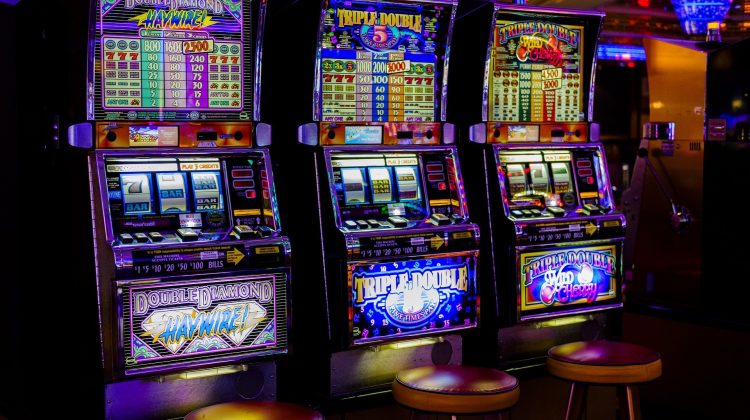

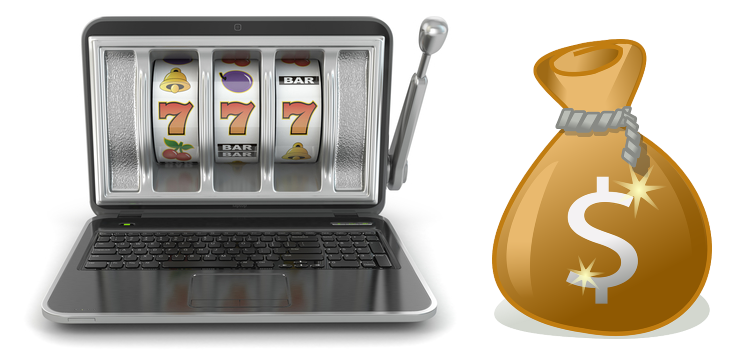




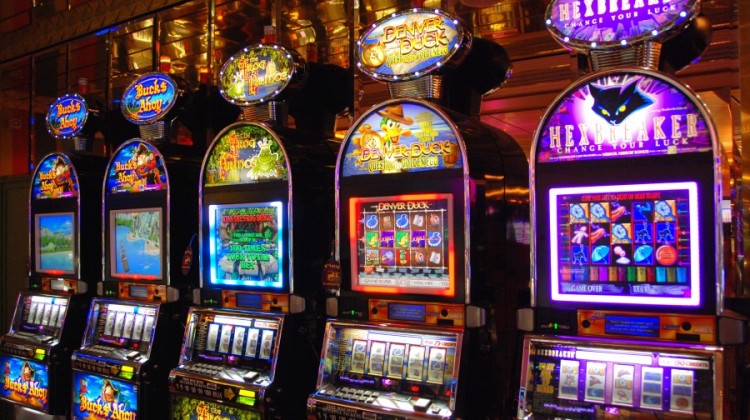
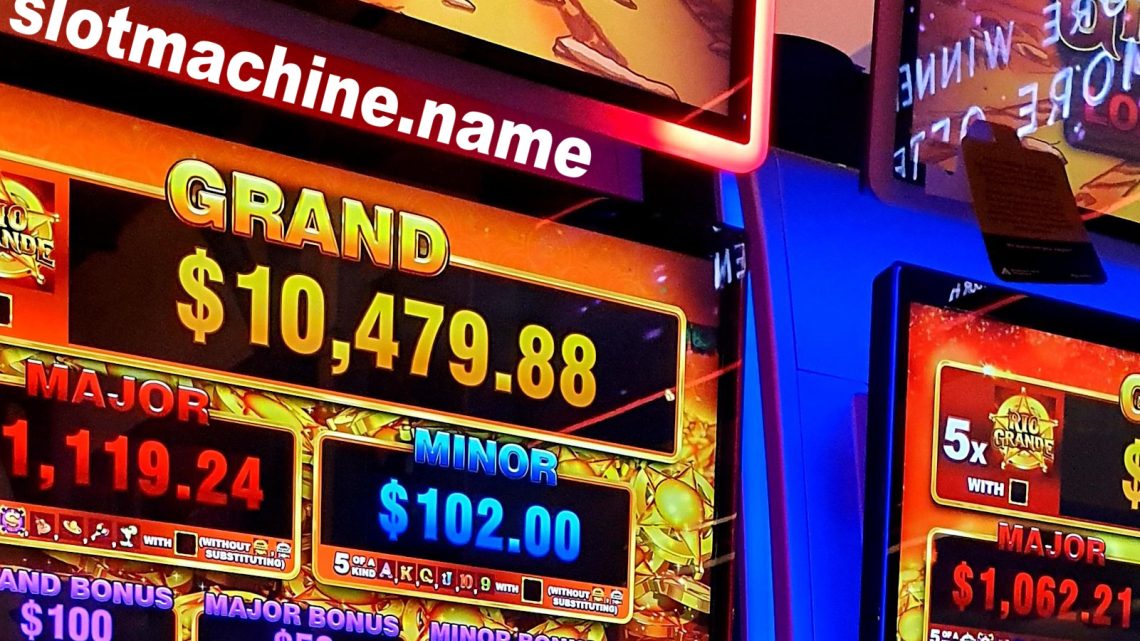
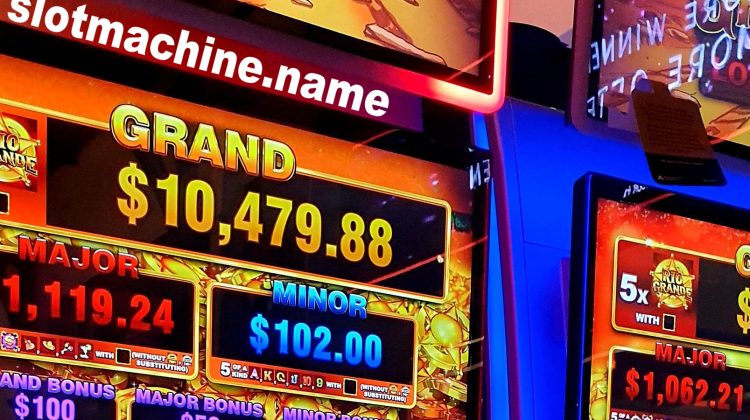
No Comment